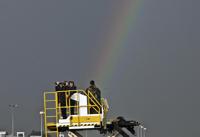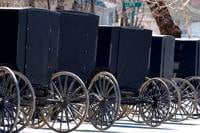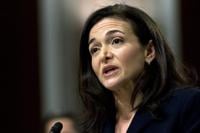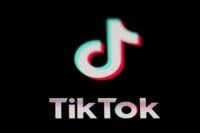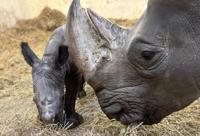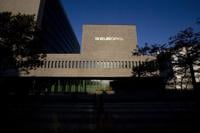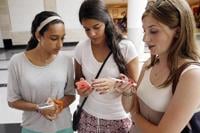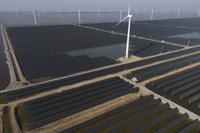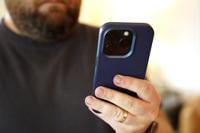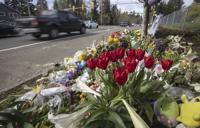NAIROBI, Kenya (AP) — Members of Ethiopia’s LGBTQ+ community say they face a wave of online harassment and physical attacks and blame much of it on the social media platform TikTok, which they say is failing to take down posts calling for homosexual and transgender people to be whipped, stabbed and killed.
A local LGBTQ+ support group, House of Guramayle, said that some TikTok users are also outing Ethiopians by sharing their names, photographs and online profiles on one of the country’s most popular social media platforms.
In Ethiopia, homosexual acts are punishable by up to 15 years in prison. The East African country whose population of close to 120 million is split between Christianity and Islam is largely conservative, and while LGBTQ+ people have long suffered abuse, activists say the hostility has reached a new level.
“TikTok is being used to incite violence,” said Bahiru Shewaye, co-founder of House of Guramayle. Bahiru said several videos have been reported to TikTok but “we are still waiting for them to take action.”
The Associated Press on Thursday reviewed several videos that appeared to violate TikTok’s community guidelines by inciting violence based on sexual orientation and gender identity.
A TikTok spokesman, Ben Rathe, said on Friday evening that the platform had removed the content and banned the accounts for violating its community guidelines.
In one video, seen by the AP, a popular evangelical Christian pastor calls for gay people to be stripped naked and publicly whipped.
“Then (gay) people all over the world would say, 'Oh, these (Ethiopian) people, this is what they do to gays, therefore we will not go to that country,'” says the pastor, whose account has over 250,000 followers. The video was posted on Aug. 5.
In another video posted Aug. 2, a TikTok user calls for gay men to be stabbed in the buttocks. In a third, posted in the past week, a young man says, “We should find them and kill them,” before making a stomping gesture with his foot.
The videos are in Amharic, Ethiopia’s main language.
It’s not clear what sparked the videos, but Bahiru said that prescribes the death penalty for “aggravated homosexuality” is playing a role.
LGBTQ+ Ethiopians said the surge of abusive content has left them feeling unsafe, with several fleeing abroad in recent weeks. One nonbinary person said they are now in neighboring Kenya after they were attacked by a group of men in Addis Ababa, Ethiopia’s capital, last month.
“It is very terrifying, to be honest,” they said. “I think I will stay here as long as the situation continues in Ethiopia. … It has always been bad, but this time it feels different.”
Another LGBTQ+ man, a student in Addis Ababa, said he has been outed twice on TikTok. In May, shortly after the first outing video appeared online, he was badly beaten at a restaurant by a group of classmates, who fractured his cheek.
“I don’t feel safe at school after that, so I stopped going,” he said. He said the video was later removed.
The second outing video appeared in late July and has attracted over 275,000 views. It is a slideshow of individual and group photographs under the banner “Homosexuals live freely in Ethiopia.” The top comment says “Let’s kill them, give us their address.”
Ethiopian public institutions have been accused of fanning the discrimination. Last week, Addis Ababa’s tourism bureau in a statement posted on Facebook told hotels not to allow “homosexual activities” on their premises and warned “action will be taken” if this happens. The bureau is part of the Addis Ababa city administration.
Soon afterward, the city’s police department launched a hotline for reporting “illegal activities that deviate from the law and social values.”
“This was a vulnerable group in the first place,” Bahiru said. “But the new scale of these calls for violence, it has grown out of control.”
LGBTQ+ advocates have long warned that online hate and harassment can lead to violence offline.
All major social media platforms — including TikTok — do poorly at protecting LGBTQ+ users from hate speech and harassment, especially those who are transgender, non-binary or gender non-conforming, the advocacy group GLAAD said in its earlier this year.


